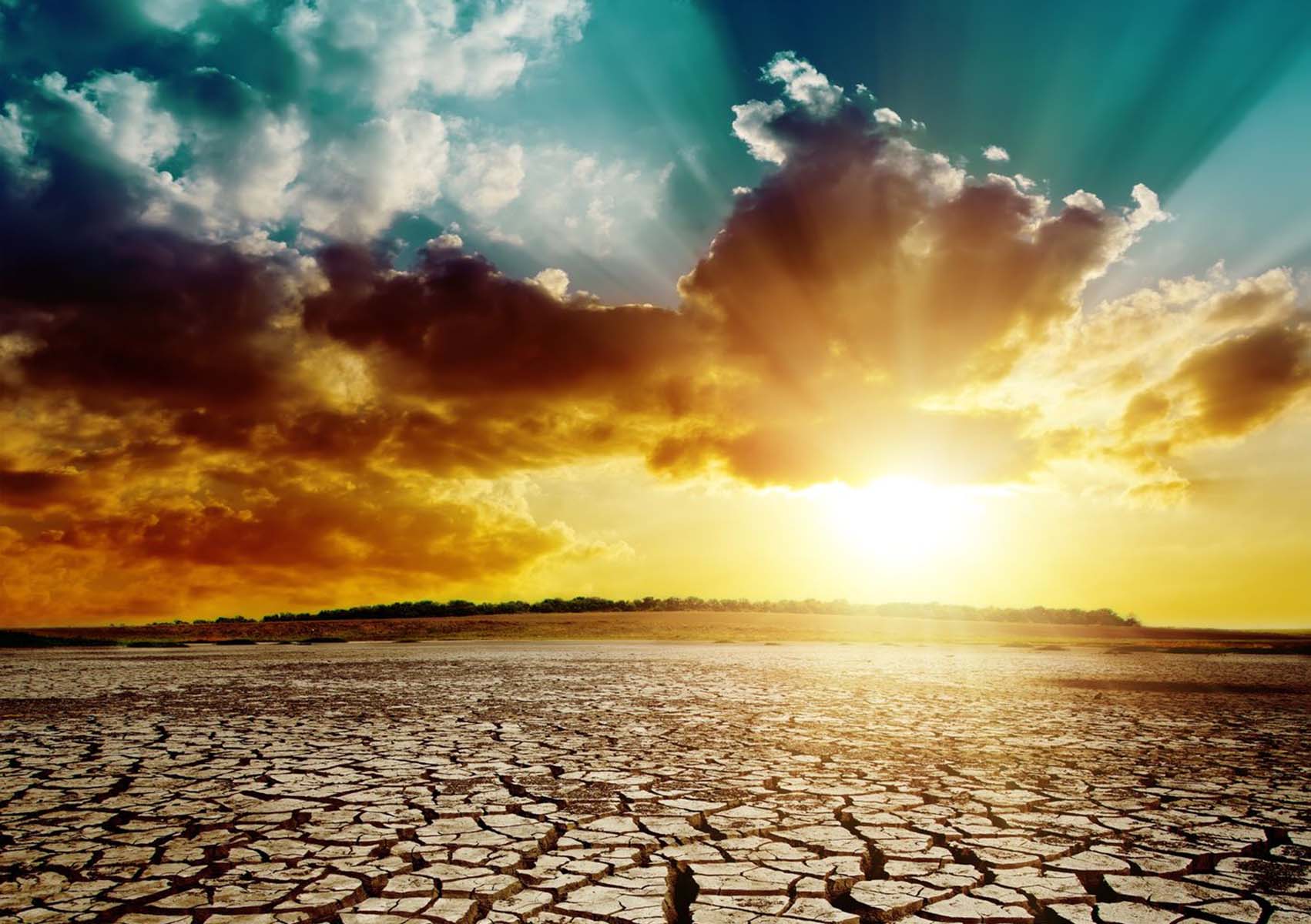Drier soil leads to more extreme heat waves
In the summer of 2010, the west of Russia was hit by record high temperatures and intense drought. But what will extreme heat waves look like by the end of the current century? On Monday 19 March, UG climate scientist Prof. Richard Bintanja and researchers from the Royal Netherlands Meteorological Institute (KNMI), will publish a study in the leading journal Nature Climate Change, in which they 'simulate' a heat wave of this intensity in a warmer climate. With surprising results.

The extreme meteorological situation during the 2010 heat wave was caused by the specific position of the jet stream, which brought southern winds, lots of sun and practically no rain. The maximum temperatures around Moscow rose to over 40 °C. At present, extreme temperatures during heat waves are kept reasonably in check by condensation. But how will this work if our climate heats up?
For the purposes of this study, the KNMI climate model EC-Earth was programmed to replicate the recorded position of the jet stream during the 2010 heat wave, first in our current climate, and then in the projected climate in 2100. The results show that a heat wave in 2100 will be much more intense.
‘The difference in temperature between the simulated heat wave in 2100 and that in the current climate is too big to be explained by global warming,’ says UG researcher Prof. Richard Bintanja. ‘The soil will dry out rapidly in the next few decades, so in a future climate, there will be no natural ‘‘brake’’ formed by condensation. The Earth will lose its defences against extreme peaks in temperature. So soil desiccation means that future heat waves will be even hotter, and there will be serious implications for various sections of society (e.g. in relation to health/mortality) and ecosystems, etc.’
More information
The article 'Future equivalent of 2010 Russian heatwave intensified by weakening soil moisture constraints', by Lucinda Rasmijn, Gerard van der Schrier, Richard Bintanja, Jan Barkmeijer, Andreas Sterl, and Wilco Hazeleger has been published in Nature Climate Change on March 19, 2018.
Check our recent news article on the inaugural address by Honorary Professor of Climate and Environmental Change Richard Bintanja
More news
-
17 February 2026
The long search for new physics
-
10 February 2026
Why only a small number of planets are suitable for life
